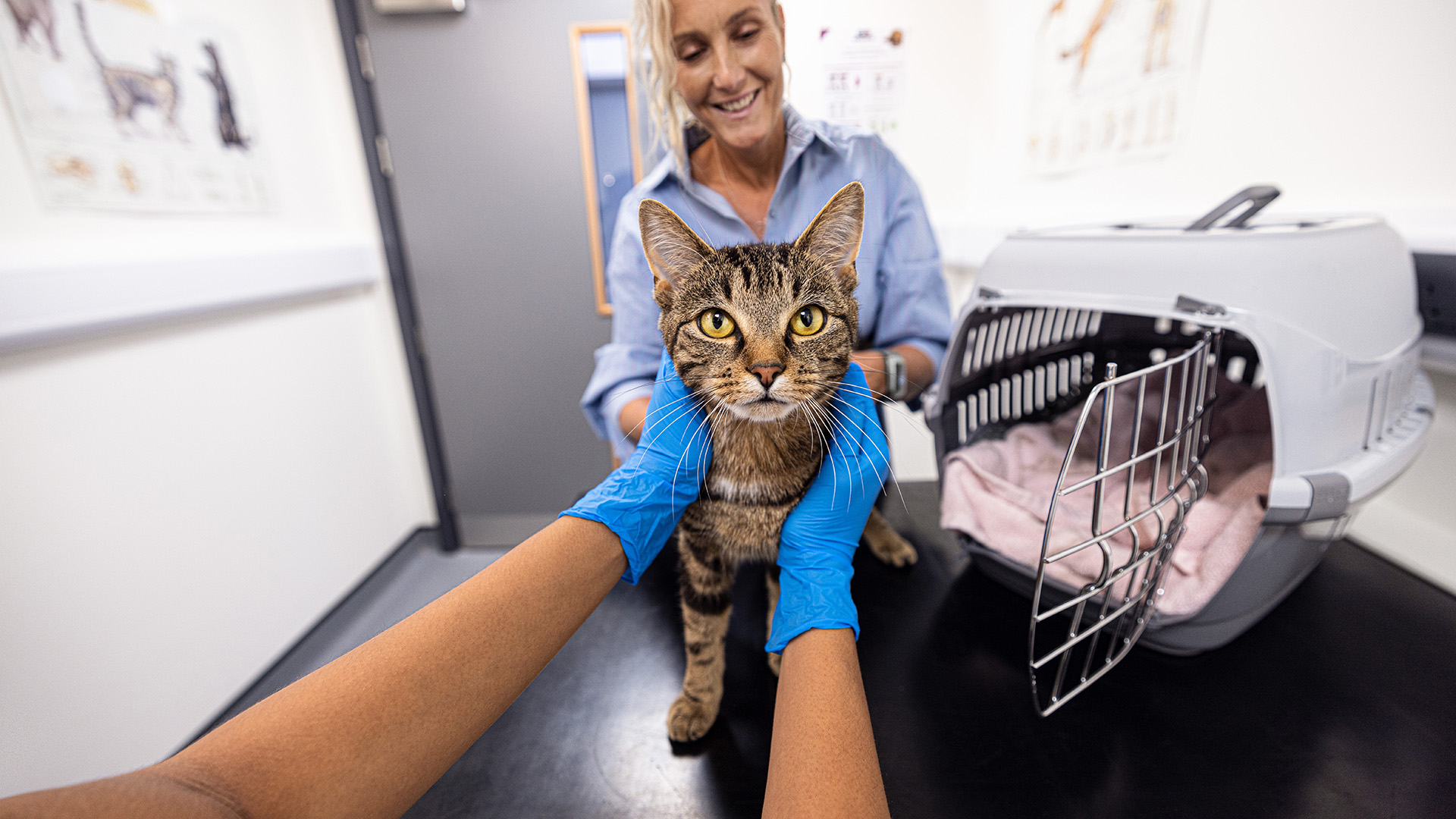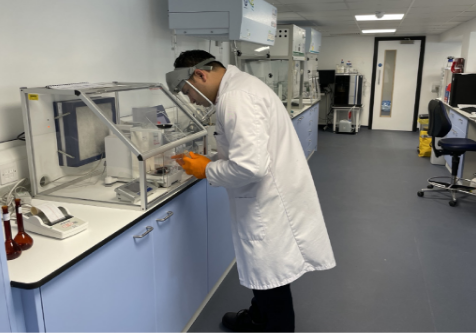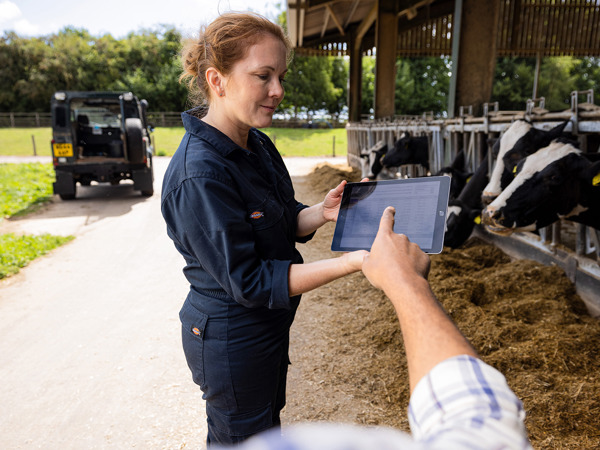
Since 2013, our priorities for each Strategic Growth Driver and Enabler have been clearly defined and communicated. Here, we describe the progress we have made towards achieving our strategic objectives.
Our Purpose
The sustainable improvement of animal
health and welfare globally
Our Strategic Growth Drivers

Pipeline Delivery
Our pipeline is a key driver of organic growth. Over the last few years we have focused on increasing the number of novel products in development and have successfully identified a number of exciting candidates.
Our Objective
Deliver our pipeline on time, at the right costs and with the expected returns. Refill the pipeline so that we get a constant flow of new products in future years.
Link to our KPIs:
1
2
3
4
5
Link to our Risks:
2
3
4
5
9

Portfolio Focus
We are a specialist veterinary pharmaceuticals business focused on Companion Animal Products, Food producing Animal Products, Equine and Nutrition. Our portfolio is well positioned in our therapeutic focus sectors to maximise returns.
Our Objective
Maximise our net revenue by increasing market penetration and market development, focusing on targeted therapeutic sectors within CAP, Equine, FAP and Nutrition.
Link to our KPIs:
1
2
3
4
5
Link to our Risks:
1
2
4
5
8
9

Geographical Expansion
The animal health market in emerging countries is growing rapidly due to the demand for high quality protein and the increase in pet ownership. We have identified a number of markets that present both volume and profit opportunities in the medium to long term and we are considering various entry strategies.
Our Objective
Leverage our product portfolio into new geographic regions through distribution partners, in-country presence and new country product registrations.
Link to our KPIs:
1
2
3
4
5
Link to our Risks:
2
5
7
8

Acquisition
We recognise acquisitions could accelerate our expansion by providing entry into new geographies, enhancing our portfolio and giving access to new technologies. We have established well-defined criteria through which potential acquisition targets can be screened.
Our Objective
Expand our geographical footprint and/or enhance our product portfolio through acquisitions.
Link to our KPIs:
2
3
4
5
Link to our Risks:
6
7
Our Strategic Enablers

Manufacturing & Supply Chain
Our manufacturing and supply chain organisation is focused on running our operations efficiently and to high quality standards to maintain or improve margins.
Link to our KPIs:
6
Link to our Risks:
4

Technology
We are implementing a strong IT platform to enable us to operate efficiently and are exploring how IT can provide a source of competitive advantage.
Link to our KPIs:
3
Link to our Risks:
10

People
Our people strategy underpins everything we do in the business. We have a well-defined plan to build talent, develop people and strengthen the Dechra Culture.
Link to our KPIs:
6
7
Link to our Risks:
7
9

See our Sustainability Report at
Key to KPIs
1
Existing Revenue Growth
2
Underlying Diluted EPS Growth
3
Underlying Return on Capital Employed
4
Cash Conversion
5
New Product Revenue
6
Lost Time Accident Frequency Rate
7
Employee Turnover
Key to Risks
1
Market Risk
2
Competitor Risk
3
Product Development and Launch Risk
4
Supply Chain Risk
5
Regulatory Risk
6
Acquisition Risk
7
People Risk
8
Antimicrobials Regulatory Risk
9
Climate Risk
10
Cyber Security and IT Failure Risk

Strategy in Action
Strategic Enabler

Manufacturing & Supply Chain

Acquisition
Product Development
It is our mission to improve animal health and welfare globally, and as such the wellbeing of animals used in the development of our products is always a top priority. In line with that commitment, we carefully consider the responsible use and humane treatment of animals in all of our studies. When we are required to conduct studies to achieve product registrations, we minimise the number of animals to achieve the necessary outcomes. Whenever possible, we will use information that can be derived from in vitro systems, computer models or existing publications in an effort to limit the number of studies needed.

Pipeline by numbers of projects

CAP
FAP
Equine

Generic
Innovation
Lifecycle
Vaccine




